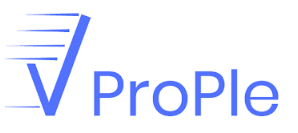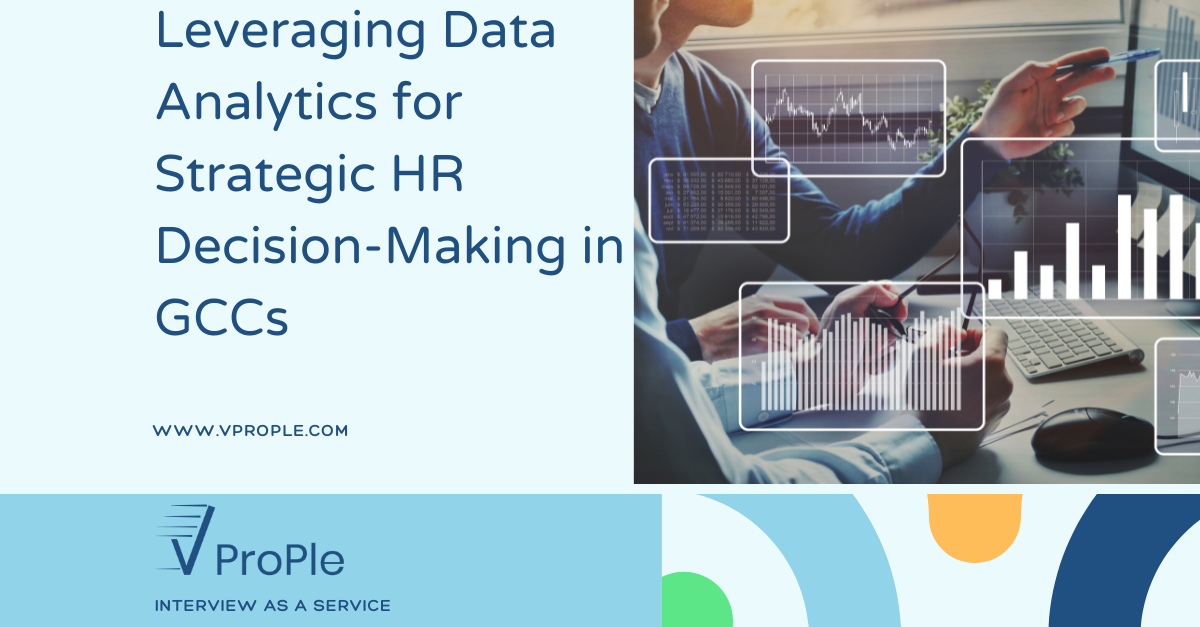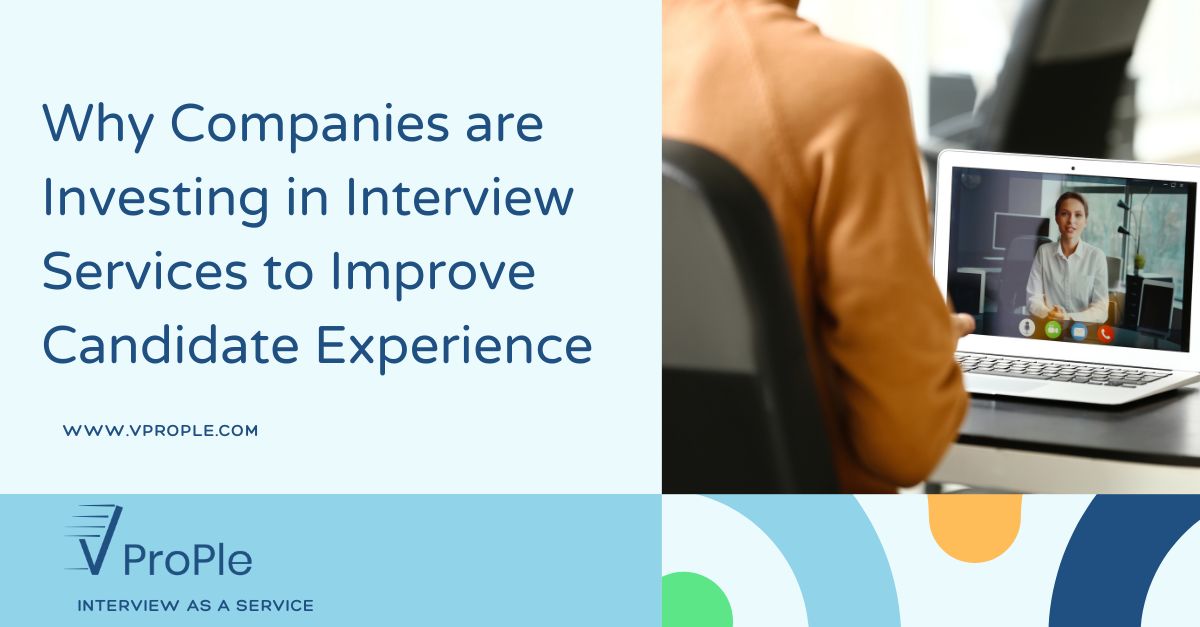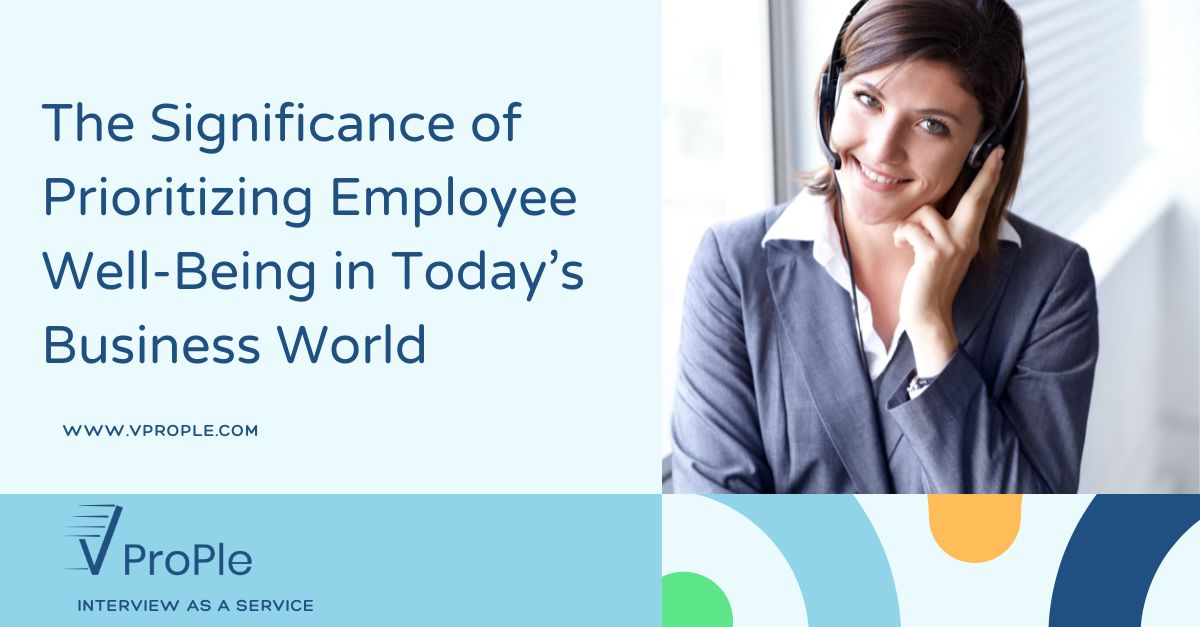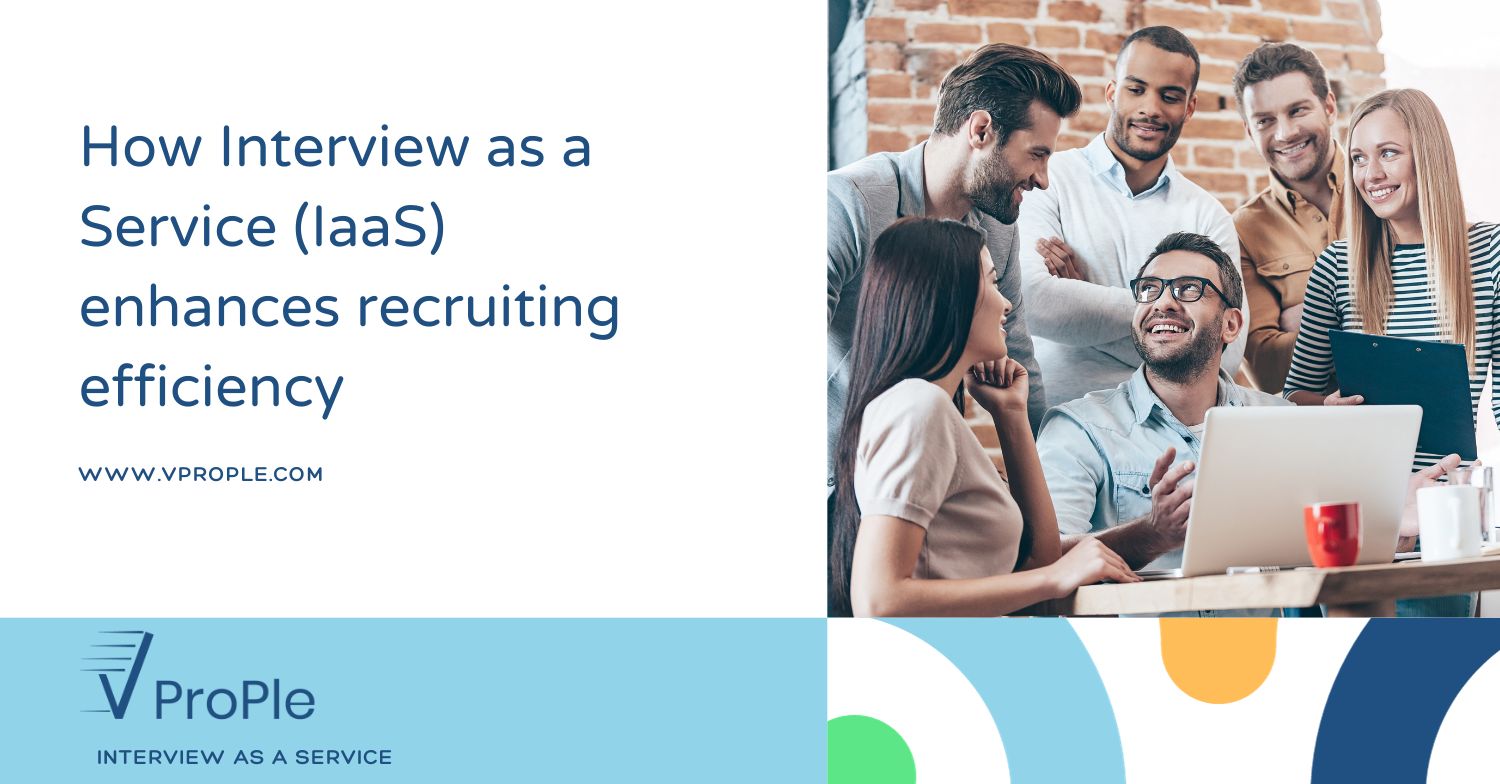Panel interviews are job interviews that involve a candidate being interviewed by multiple interviewers simultaneously. It can be a major stage in the recruitment process as these interviews require candidates to effectively engage with several interviewers while showcasing relevant skills and expertise.
If you are also actively looking for a job, you must know how to excel in panel interviews because it may increase your chances of getting a job offer. So, let us dive deeper into this blog and discuss the strategies and useful panel interview tips to ace your next panel interview!
Imagine you are invited to interview at your dream company, and you are reviewing the interview information the hiring manager sent. As you check further, you see that you are scheduled for a panel interview with a group of employees from the company. What will you do in this situation?
Though panel interviews are relatively uncommon, some companies conduct them to streamline their recruiting process. If the thought of facing multiple people throwing questions at you makes you stressed, have no fear!
Preparing for a panel interview is almost the same as preparing for a regular interview, and here we will discuss the strategies that will help you nail it. But before that, let us first understand what panel interviews exactly are.
What is a panel interview?
Typically, a panel interview comprises two or more individuals like a hiring manager, hiring team members, potential supervisors, managers or other employees of the company interacting with you (the candidate) simultaneously. The purpose of such an interview is to evaluate your qualifications, save time in the hiring process and provide different opinions from the panel interviewers to find out if you are the perfect fit for this job.
During this interview, the panel members may ask different panel interview questions to test your abilities, skills and knowledge. They may also observe your way of talking, personality and how you respond to various situations. Such interviews are common in many sectors like healthcare, government and even the corporate world for positions with many responsibilities.
|
Did you know? 34% of organizations conduct panel interviews to evaluate candidates more comprehensively. |
How to succeed in a panel interview?
Preparing for a panel interview is almost the same as preparing for an individual interview. However, panel interviews can be extra nerve-wracking only because there are multiple people involved. So, here are the strategies and panel interview tips to succeed in a panel interview:
Research the company and the panel members:
You must gather as much information as you can about the upcoming panel interview. This includes finding all the information about the company and the individuals you are meeting. It is a vital step to ensure the success of the panel interview. Researching the roles and responsibilities and backgrounds and expertise of each panel member will help you better frame questions for interview panel.
Moreover, knowledge about the company and its employees will enable you to ask targeted questions from each panel member about their specialty. It will ultimately demonstrate your ability to communicate effectively and your interest in the position.
Bring extra copies of your resume:
While bringing a few extra copies of your resume is recommended for any interview, you must carry more than a few extra copies for a panel interview. Every person in the room, including you, should have a copy of your resume.
Furthermore, you never know when one of the panel interviewers might refer to something on your resume, so it is better to have a paper copy handy just in case.
Make eye contact with each panel member:
After you are done introducing yourself to each interviewer, do not forget to make eye contact and speak clearly and deliberately. Remember to give each decision-maker on the panel the same level of attention, even if one of the panel members is asking more panel interview questions than the others and even if there is a panel of 10. It will help you gauge the reaction of the panel to your responses.
Prepare for multiple perspectives and pause then answer:
|
Did you know? 65% of employers involve diverse interview panel members to promote a fair and unbiased hiring process. |
In panel interviews, you often get questions from different individuals with different expertise, backgrounds and interviewing styles. You can prepare for this by practicing various behavioral, situational and technical interview questions. This helps ensure you can answer the diverse panel interview questions that may be thrown at you during the interview.
Remember to pause after each question and think about how you want to answer it. Use your active listening skills to listen carefully to all interviewers and ask for clarification whenever needed. Take your time delivering answers and try not to interrupt the interviewer.
Anticipate follow-up questions:
Panel interviews usually evoke more follow-up questions than regular interviews. It means panel interviewers may ask you follow-up questions to understand your answers better. Moreover, what satisfies a panel member may spark additional inquiries from others.
That is why you must prepare yourself to provide additional information and explanations to support your initial responses. It will show your ability to think critically and adapt to unexpected situations. Lastly, before you leave, make sure you thank everyone for their time and interest.
Also Read: How To Prepare For The Video Interviewing Platform
Conclusion
Many companies use panel interviews to speed up their hiring process and to see how a candidate will behave and react in a complex situation. Yes, we know that building a rapport with multiple interviewers is more difficult than connecting with a single interviewer. But it is definitely possible.
The strategies and survival tips discussed in this blog will surely help candidates who get nervous at the thought of meeting not one but a group of interviewers- all at the same time.
Frequently Asked Questions (FAQs)
Q1- How is a panel interview different from a group interview?
Ans. In a group interview, a group of candidates are interviewed by one or more interviewers. On the other hand, in a panel interview, only one candidate is interviewed by two or more interviewers.
Q2- What can I learn from a panel interview?
Ans. Panel interviews allow candidates to get some insights into the company’s culture and group dynamics. All you have to do is notice how everyone acts and communicates with each other. It will give you a sense of what it will be like to work in the company.
Q3- How long do panel interviews last?
Ans. Since panel interviews involve multiple interviewers asking questions, these interviews can last from 45 to 90 minutes.
